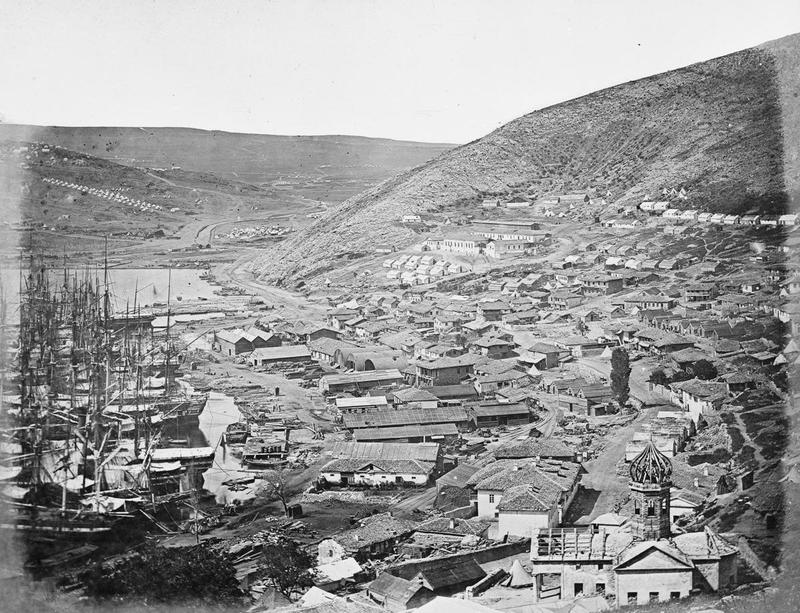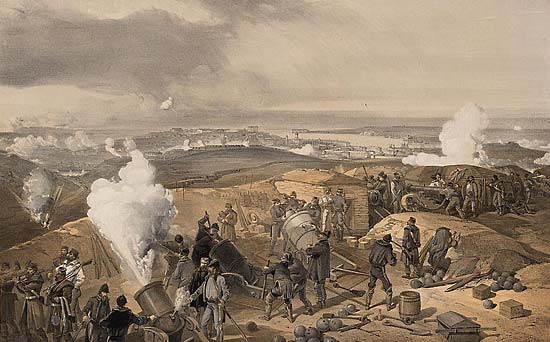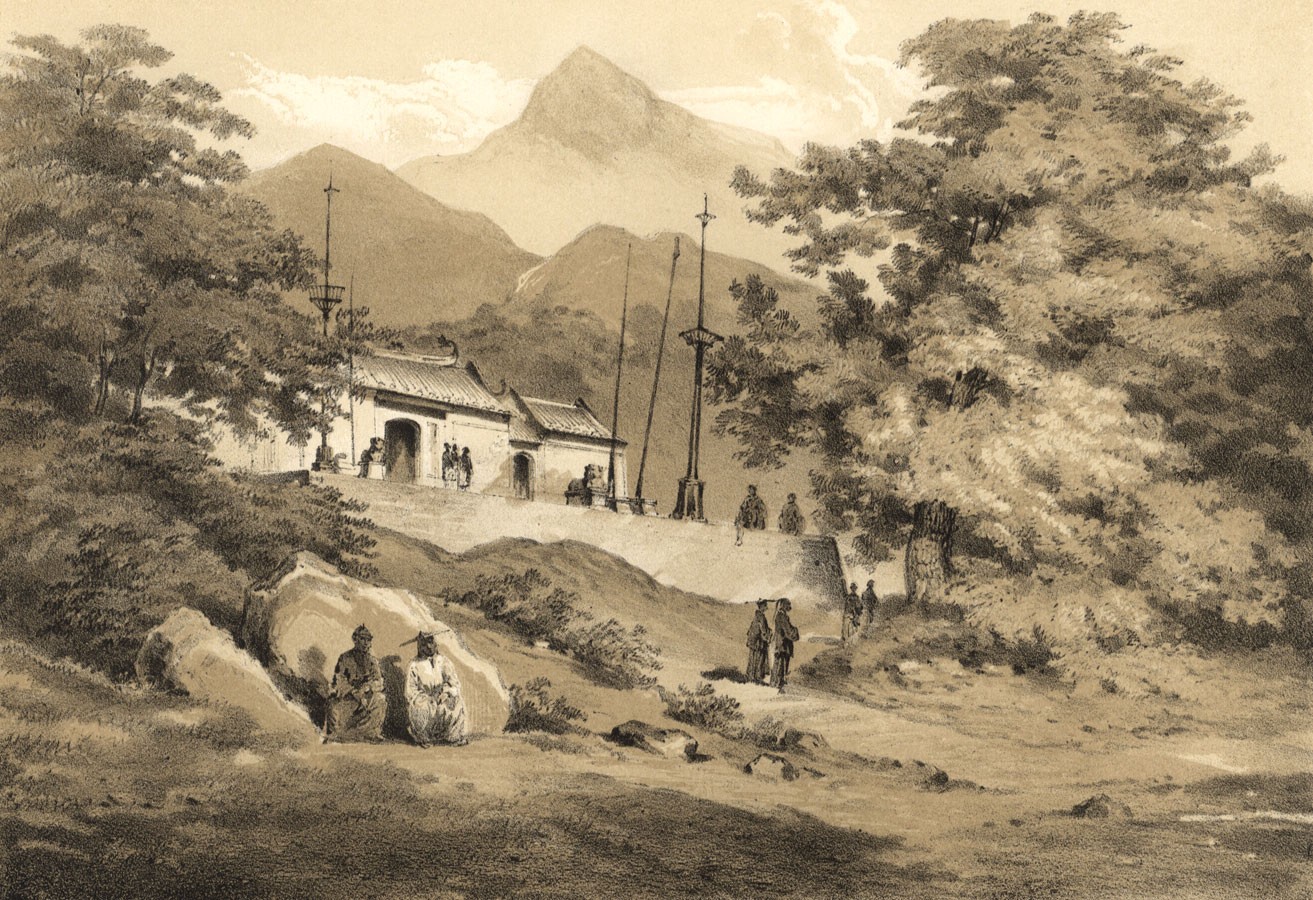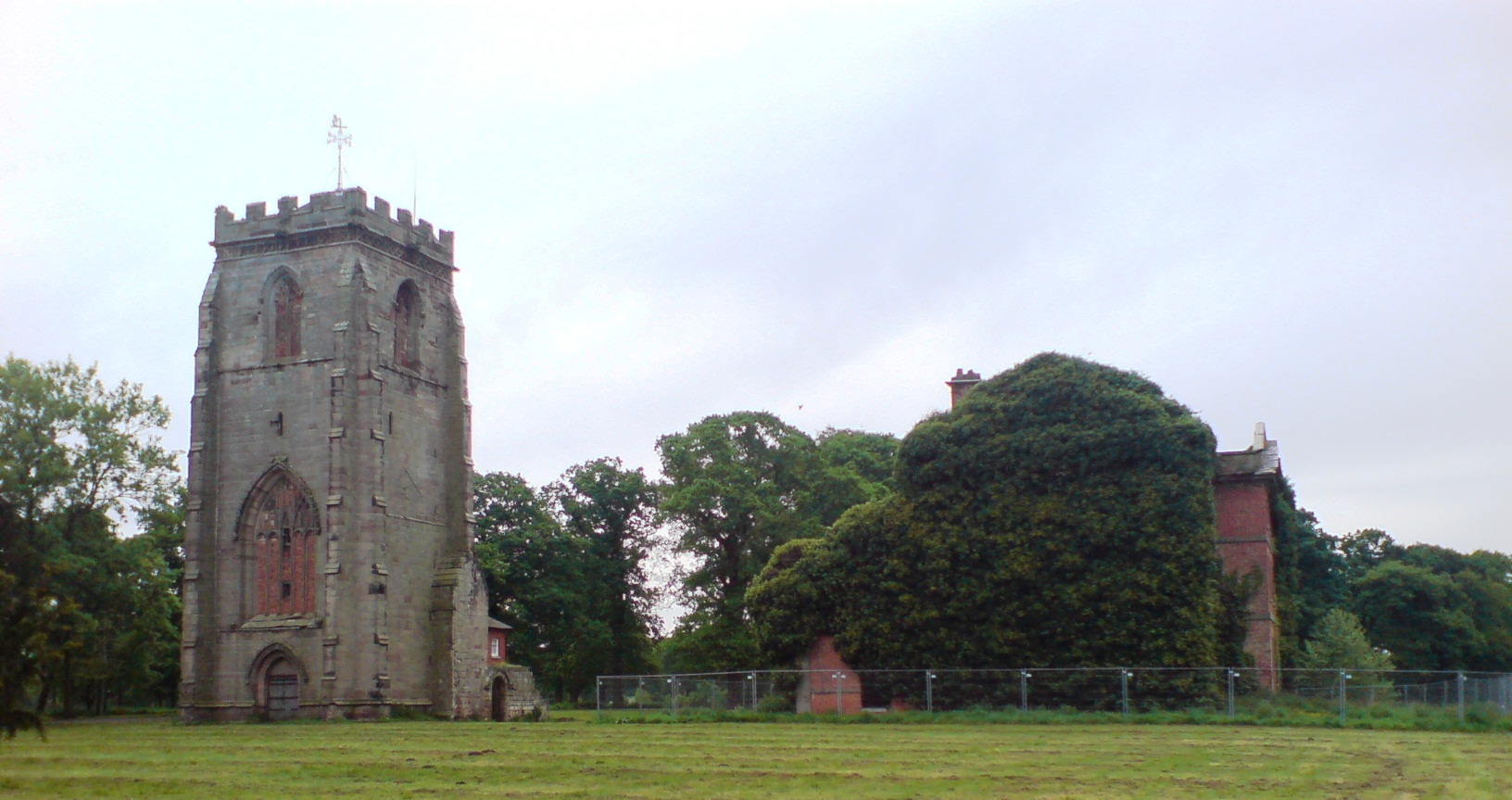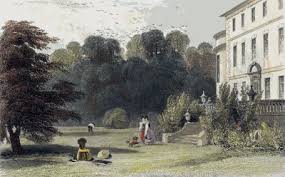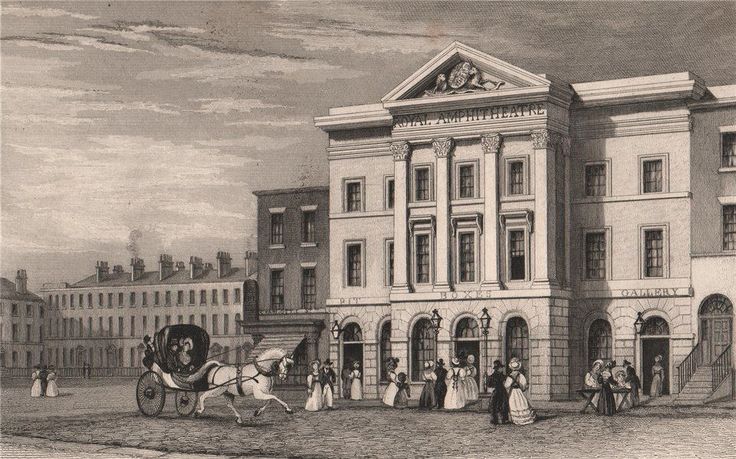CHAPTER XXVIII. This chapter covers fourteen years from 1857 until 1871. As usual with Uncle Hugh, it is more political than personal, though the letters quoted in this chapter are more two old friends commentating on politics, and rather softer in tone. The whole chapter does have a rather valedictory tone.
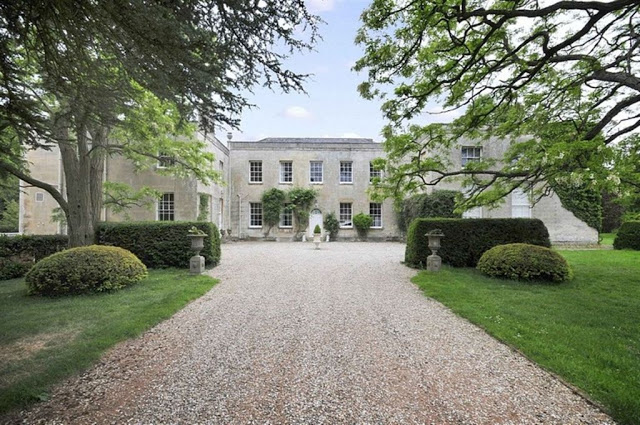
For most of this time Josh and Adeline had retired to Wolverton Park, in Hampshire, a rather grand house they rented from the 2nd Duke of Wellington. In the 1861 census, Josh describes himself as ” Knight, J.P. and Adeline’s occupation was given as “Lady” There were three children there James, aged 34 and Emily, 30 and Adah, aged 21. The household comprised of the family, plus the cook Maria Butts (60), three housemaids, and three male servants. Richard Pratt, the butler was only twenty-four, Tommy Smith was a sixteen year-old house boy, and Charlie Jacob, the groom was twenty.
Thomas Milner Gibson, the Anti-Corn-Law Leaguer defeated in Manchester had won a by-election in Ashton-under-Lyne on 14th December 1857. He was the maternal great-grandfather of the Mitford sisters, through Thomas Gibson Bowles, the illegitimate son he had with a servant girl. Tommy Bowles founded both Vanity Fair, and The Lady.
The assassination attempt on Napoléon III referred to was planned and carried out by Felice Orsini who Josh had met at the American Ambassador’s dinner in 1854. Rather splendidly, his bombs were made for him by Joseph Taylor, an English gunmaker based in Birmingham.
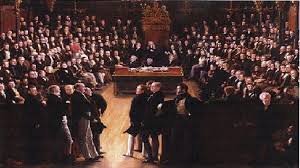 When Parliament again assembled, every vestige of the Anti-Corn-Law League had disappeared from the benches of the House. Mr. Cobden, Mr. Bright, Mr. Fox, Mr. Milner Gibson, and Sir Joshua Walmsley had been unseated. Meetings were held to express sympathy with them. ” I had previously determined,” writes Sir Joshua, “ That if defeated at Leicester, I would retire into private life ; and despite several requisitions to represent constituencies, I adhered to this resolution. “ The session of 1857 closed without any Reform Bill being brought before the House.
When Parliament again assembled, every vestige of the Anti-Corn-Law League had disappeared from the benches of the House. Mr. Cobden, Mr. Bright, Mr. Fox, Mr. Milner Gibson, and Sir Joshua Walmsley had been unseated. Meetings were held to express sympathy with them. ” I had previously determined,” writes Sir Joshua, “ That if defeated at Leicester, I would retire into private life ; and despite several requisitions to represent constituencies, I adhered to this resolution. “ The session of 1857 closed without any Reform Bill being brought before the House.
Mr. Cobden, writing from Midhurst, 18th July, says: ” Looking at the servility of the House of Commons, and the absence of all earnestness in politics, I think we have no reason to be dissatisfied with our bargain — free air and exercise in place of being in a committee-room at Westminster. ”
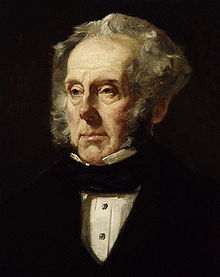
The news of the attempt of the 16th January [it was actually the 14th January 1858] on the French Emperor’s life, had been received with reprobation by all classes throughout England ; but an official despatch from Count Walewski, accusing England of fostering crime and of erecting assassination into a doctrine, evoked a different feeling. Leaving unanswered and unnoticed Walewski’s despatch, Lord Palmerston, on the 8th February, moved for an alteration of the ” Conspiracy to Murder Bill. “ This brought on protest upon protest, against England altering her domestic laws at the dictation of a foreign power.
On the 19th, Lord Palmerston moved the second reading of his bill. Mr. Milner Gibson proposed an amendment, censuring Government for not having replied to the Walewski note, and his amendment was carried.
Before this vote of censure the Ministers retired, and Lord Derby came into office. The attacks of the French Colonels following closely on all this, roused public indignation to a high pitch. Mr. Cobden’s ideas on this subject are expressed in the following letter, dated 21st April, 1858 :
” Dear Sir Joshua,
” It was very kind of you to think of me. Your letter found us in great trouble. My poor brother, as you know, a sufferer from nervous pains. has been taken to his rest. The last two weeks were awful. It seemed as if the disease had seized suddenly on the spinal cord and moved slowly upwards, torturing him to death by inches. He underwent, for a fortnight almost, one continued paroxysm of agony. We could not witness it without praying God to release him and take him to Himself But I do not the less feel the void which his loss has occasioned. He was little known beyond his own family circle. His shyness and modesty prevented him from mixing in society. But he had a rare intelligence, and a memory so extraordinary, that I used to resort to it as to an encyclopaedia. I feel as if the daylight were partially withdrawn from my house. . . . “
” We shall, of course, be very quiet, and I do not feel any call at present to interfere in politics. I never saw so little above the political horizon worth fighting about. When the struggle is between Dizzy and Sam, earnest politicians may be excused for standing aside and taking a holiday. I quite agree with you about the scandalous tone of our papers respecting the state of France. But the worst part of the business is, that they are evidently bent on making bad blood between the two nations, for the sake of political capital. The Times, Economist, &c., only discovered those dangers and discontents in France after Palmerston’s downfall. “
” They want now to make it appear that his return to power is necessary for the French alliance, forgetting that he alone was the cause of the popular outcry in Hyde Park, against France and the Conspiracy Bill. The fact is, he wished to divert the attention of the House and country from domestic questions, and therefore he brought in that bill. A wise and honest minister would have prevented any public discussion on such a subject, by settling it privately, and showing to the French Government that it was unwise to moot it publicly, and thus rouse the well- known jealousy and pugnacity of our countrymen. But he was ‘ hoist with his own petard,’ and I hope he will not again intrigue himself into office. …”
But few letters remain now to be quoted of the correspondence extending over so many years between the two political allies and friends. An interval of nearly three years occurs before we find Mr. Cobden’s next letter, addressed to Sir Joshua in his retreat at Wolverton Park.
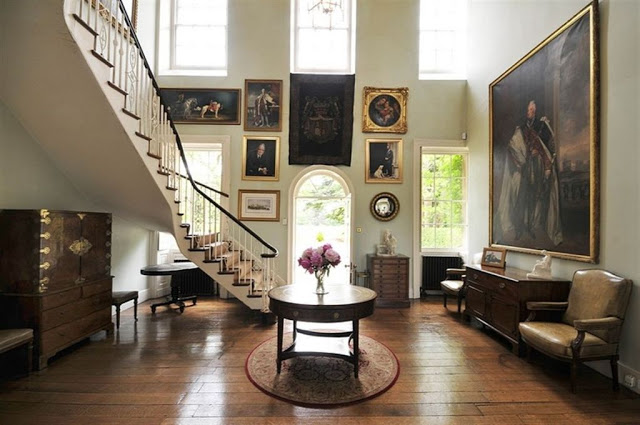
It is dated Algiers, where, after negotiating the Commercial Treaty with France, Mr. Cobden had gone to recruit his health, already impaired by the fatal malady that was too soon to rob England of his eminent services. From it we give the following extract ;
” 9th March, 1861.
“I am sorry to see your brief allusion to the unfavourable state of your health. I hope it is but a slight and temporary indisposition. For myself, though every year reminds me that I have passed my meridian, I have reason to be thankful for having come here for the winter, where the weather has been exceptionally fine, as it has been unusually severe in England. If you find your respiratory organs affected, you would find great benefit from a winter residence here. The hotels and lodgings are all full of visitors, the majority of whom are of course British. I intend to remain here till the end of this month. “
” The state of politics and the proceedings in the House offer but small temptations to return to one’s post — you have certainly the best of it in your rural retreats. In a letter which I got lately from Bright, he observes : ‘ What sensible fellows are Crook and Titus Salt to return to the care of their businesses and families. The worst feature in public matters is the apathy and indifference of people to domestic questions. It seems as if we had become blases by the excitement of foreign revolutions and wars, and had no longer any appetite for home politics. It will be well for us if material reverses recall us to a sense of what is due to ourselves. “
“It will give us pleasure when we again find ourselves at home (where I have scarcely found myself for two years), and renew our personal intercourse with your family. In the meantime, my wife joins me in kind regards to Lady Walmsley and all your circle, and I remain, “
” Very truly yours,
” R. COBDEN. ”
Two letters belong to the year 1864. We give them in their order :
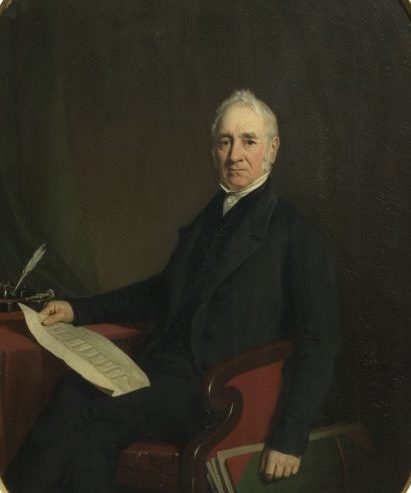
” Midhurst, 6th March, 1864.
“My dear Walmsley,
“The two little pigs have duly reached, and promise to be a good addition to our Sussex stock ; many thanks for them. “
“Perhaps you have already seen the enclosed; if not, you will be glad to see that our friend Kossuth has just had a legacy of a thousand pounds, which I have no doubt will be just now very acceptable to him. By-the-way, I hear that the Hungarian refugees are beginning to turn their faces homewards, that Klapka is already at Turin, where there is said to be a plot hatching, and that unless Austria is as usual very lucky, she will have more fighting in the Adriatic than in the Baltic, and with worse results. It seems as if there would be a general commotion in the East of Europe, but wars and revolutions sometimes fail to come when they are most expected. “
“ I am going to town on Tuesday for a week or ten days before the Easter recess. But I really cannot help considering it an ignominious employment of one’s time to be a party to the hollow proceedings in the House. “
“With our united kindest regards to Lady Walmsley and your circle,
” Believe me, yours very truly,
“ R. COBDEN.
” If you should have Stephenson’s portrait photographed, I hope you will let me have a copy. ”
and
” At Mr. Paulton’s, 15, Cleveland Square,
11th March, 1864.
“My dear Walmsley,
” I have been amused by the article in The Standard. It is the first I have heard of my promotion. But there is, of course, not the slightest foundation for the report. I could not undertake any post requiring me to work in the City in the winter time. During the frost and fog of that season, I cannot breathe in the London air. I am strangely affected with a sort of asthma in certain states of the atmosphere. Since I have been in town, the weather has been so bad that I have not been down to the House once. No other medicine suits me but the thermometer at 70c. “
” Respecting the engraving or lithographing of my likeness, to which you kindly refer, I really do not know where it originally appeared, whether in London or Manchester. “
“ The proceedings of the House are dull beyond all example. There will be nothing done till Gladstone brings in his Budget. If the Tories were united and willing, they might have office at any time. But it looks as if the two chiefs had a tacit compact, by which it was understood that there is to be no change during the natural life of the Parliament or of the Premier. “
” I find Mr. and Mrs. Paulton very well, and Hargraves has got over the winter better than last year. They are looking to a migration to their country-place in the summer in the neighbourhood of Woking. My wife is here ; she joins me in kind remembrance to Lady Walmsley and your circle.
” Believe me, yours truly,
” R. COBDEN. ”
Death was soon now to sunder this friendship of thirty years, ” on whose surface,” says Sir Joshua, ”there was not a flaw. I think I possess Cobden’s last, or very nearly his last, letter. “ It runs thus :
” Midhurst, 18th March, 1865.
” My dear Walmsley
“ It was very kind of you to think of me with your prescription, which I have no doubt, in a given case, would be very useful. My throat trouble has, however, been somewhat peculiar. I have had what doctors call nervous asthma, which affects me only when the weather is cold or foggy. I am now pretty well, and am only waiting for fine weather to resume my duties in town. I hope in a few days to be able to leave home. There is some difficulty in knowing what one is to go to the House for at present. I confess I feel very little pride or satisfaction in lending myself as a witness to the hollow sham that is going on there. I suppose you will be paying your periodical visit to London. If so, I shall be happy to shake hands with you. My wife joins in kind regards to Lady Walmsley and your circle, and,
“ Believe me, yours very truly,
” R. COBDEN. ”
But this hand-grasp was never to be given. Mr. Cobden, confined to the house since November by bronchitis, brought on by the exertion of a long speech delivered in an overheated hall to his constituents, was in no fit state to undertake a journey up to London in the bitter cold of that spring. Three days after the date of the foregoing letter, on the 21st March, he came up to town, intending to take part in the debate on the Canadian defences. Bronchitis had seized him ere he reached his journey’s end. He was at once conveyed to his lodgings in Charles Street, where he died on the 2nd of April.
Our narrative now draws to a close. When Sir Joshua lost his seat in the electoral contest of 1857 he determined to retire from public life. ” My political career was now over, “ he says. ” I was fifty-six years of age when I entered Parliament. I could not at that late period acquire the facility of quick debate— so important to a public man, and which can be successfully cultivated only in the flexible years of youth — but I was up to the toil and drudgery such a life imposes upon whoever conscientiously enters into it. Whenever I addressed the House, I invariably obtained a patient hearing, for I was careful always to master the subject upon which I spoke. ”
After his eventful life, he was now entitled to allow himself a margin of rest. He took the lease of Wolverton Park, Hants, part of the estate presented by the nation to the Duke of Wellington. In this beautiful retreat, hedged round by friends, and ever exercising a genial, courteous hospitality, he spent some happy years. Horticultural pursuits and field sports had still the charm they had in the old days at Ranton Abbey. Nor was he forgotten by the nation. Requisitions from Liberal constituencies, inviting him to come forward and stand for their representation in Parliament, were on various occasions addressed to him. But he was firm in his resolution not again to enter the House of Commons as a member of its body.
Yet he watched with unflagging interest the progress of Reform, contributing articles in its support to The Daily News and other Liberal journals. Almost to the end, he kept up his connection with the Sunday League, remaining its president until within a few years of his death. To the last he was what he had always been — a man of the people ; from the people he sprang, and with them ran the strong current of his manly, generous sympathies. It was this sense of fellowship that led his voice and hand to be ever among the foremost of his day, in advancing every question and cause that involved their true interest and welfare.
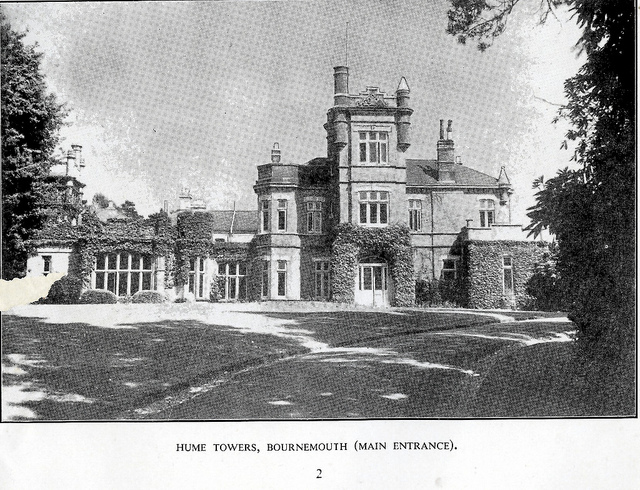 In 1870, Sir Joshua removed to Bournemouth. Some time previously he had decided to build a house on an elevated stretch of moorland, and to end his days in this beautiful watering-place. His unabated mental and physical energy seemed to give assurance that he had yet many years to live, and he himself looked forward to a good old age. The building of the house and the laying out of his grounds were a source of much interest and pleasure to him. One day, before the building was completed, he gave the house its name. A few friends were assembled, when, raising a glass of wine to his lips, Sir Joshua gave : ” To the memory of my old friend, Joseph Hume, “ and accordingly the house was called ” Hume Towers. ”
In 1870, Sir Joshua removed to Bournemouth. Some time previously he had decided to build a house on an elevated stretch of moorland, and to end his days in this beautiful watering-place. His unabated mental and physical energy seemed to give assurance that he had yet many years to live, and he himself looked forward to a good old age. The building of the house and the laying out of his grounds were a source of much interest and pleasure to him. One day, before the building was completed, he gave the house its name. A few friends were assembled, when, raising a glass of wine to his lips, Sir Joshua gave : ” To the memory of my old friend, Joseph Hume, “ and accordingly the house was called ” Hume Towers. ”
The hope of spending some years in active rural enjoyment was not destined to be realised. In November, 1871, he died, after a brief illness. His widow survived him till September, 1873.
And now we cannot better wind up these memoirs than by quoting the touching words in which Sir Joshua describes what he owed to Lady Walmsley’s influence through life: ” My wife’s mild and gentle spirit, “ he says, ” constrained and tempered mine. Endowed with talent and excellent judgment, the advice she gave me in business, as well as in domestic matters, was in a great measure the source of my prosperity. I feel that but for her soothing influence and high standard of right, I might have gone sorely astray in the battle of life. She has indeed been to me all that woman could be. How much have I to be grateful for to Him who gave and has continued to me so good a helpmate. ”
THE END.
